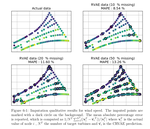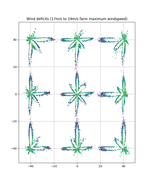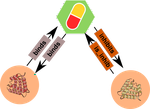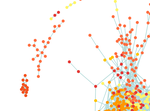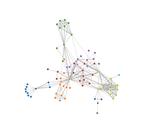Charilaos Mylonas
Data/Computational Scientist, Consultant
Biography
I hold a Ph.D. and M.Sc. from ETH Zurich and specialize in Machine Learning. My core focus is deep learning, and I have over a decade of expertise in software engineering, scientific/high performance computing, and broad area of machine learning. In addition to my computing and mathematical expertise, I worked on risk consulting projects, mainly for financial institutions (both financial risk and compliance risk-related). I am dedicated to extracting value from data using advanced computing and data science, while influencing teams and organizations charting pragmatic and sustainable AI adoption strategies.
🎓 During my Ph.D., I focused on developing deep learning architectures for time-series on graphs and self-supervised/semi-supervised learning. The techniques I worked on were mainly Graph Neural Networks, Bayesian Deep Learning, and Generative Models (e.g., VAEs for graph-structured data, Neural ODEs) (see my dissertation for more info).
💼 In my Big4 consulting career, I gained experience in liquidity and credit risk reporting, and contributed on several business development initiatives including developing cryptocurrency transaction analytics prototypes and electricity grid simulations / predictive models for energy trading.I was a key contributor to early asset development for Retrieval-Augmented Generation (RAG) LLM prototypes, introduced DevOps processes, and conducted internal seminars on RAG and LLM technologies. Moreover, I co-led the swiss data science community of practitioners, and I was a co-organizer of the EMEA Data Science CoP.
🎹 Outside of work, I enjoy playing/making music, tinkering with microcontrollers and software automation, and staying up-to-date with deep learning and agentic AI research. See below for some of my recent personal projects.
PhD Machine Learning for SHM under Uncertainty, 2021
ETH Zurich
MSc Computational Science & Engineering, 2015
ETH Zurich
MSc in Civil Engineering, 2012
Aristotle University of Thessaloniki
Featured Publications
Recent Posts
Events
Recent Publications
Experience
Chair of Structural Mechanics and Monitoring. Research topics:
- Generative Models for UQ in engineering
- Graph Neural Networks
- Wind turbine and wind farm simulations
